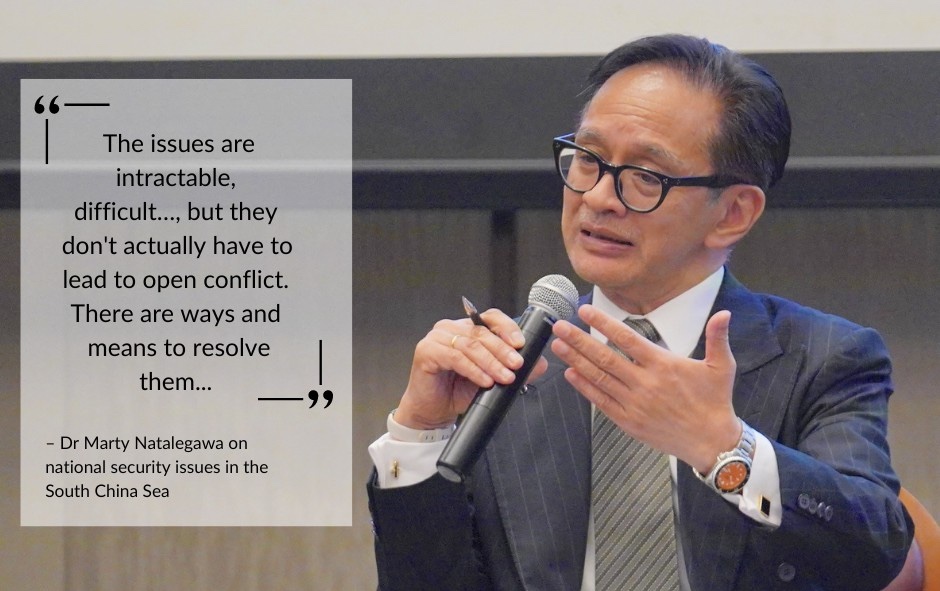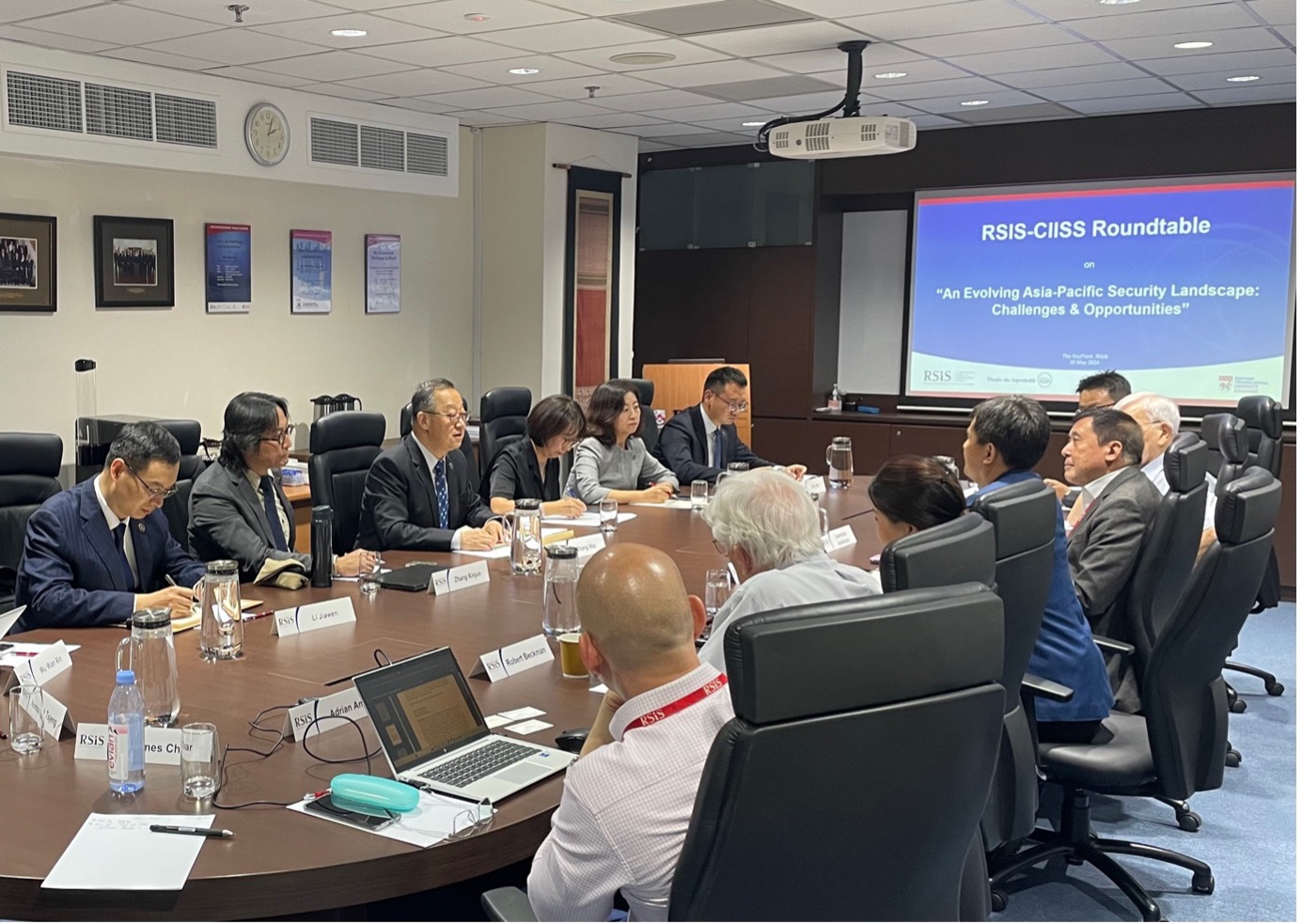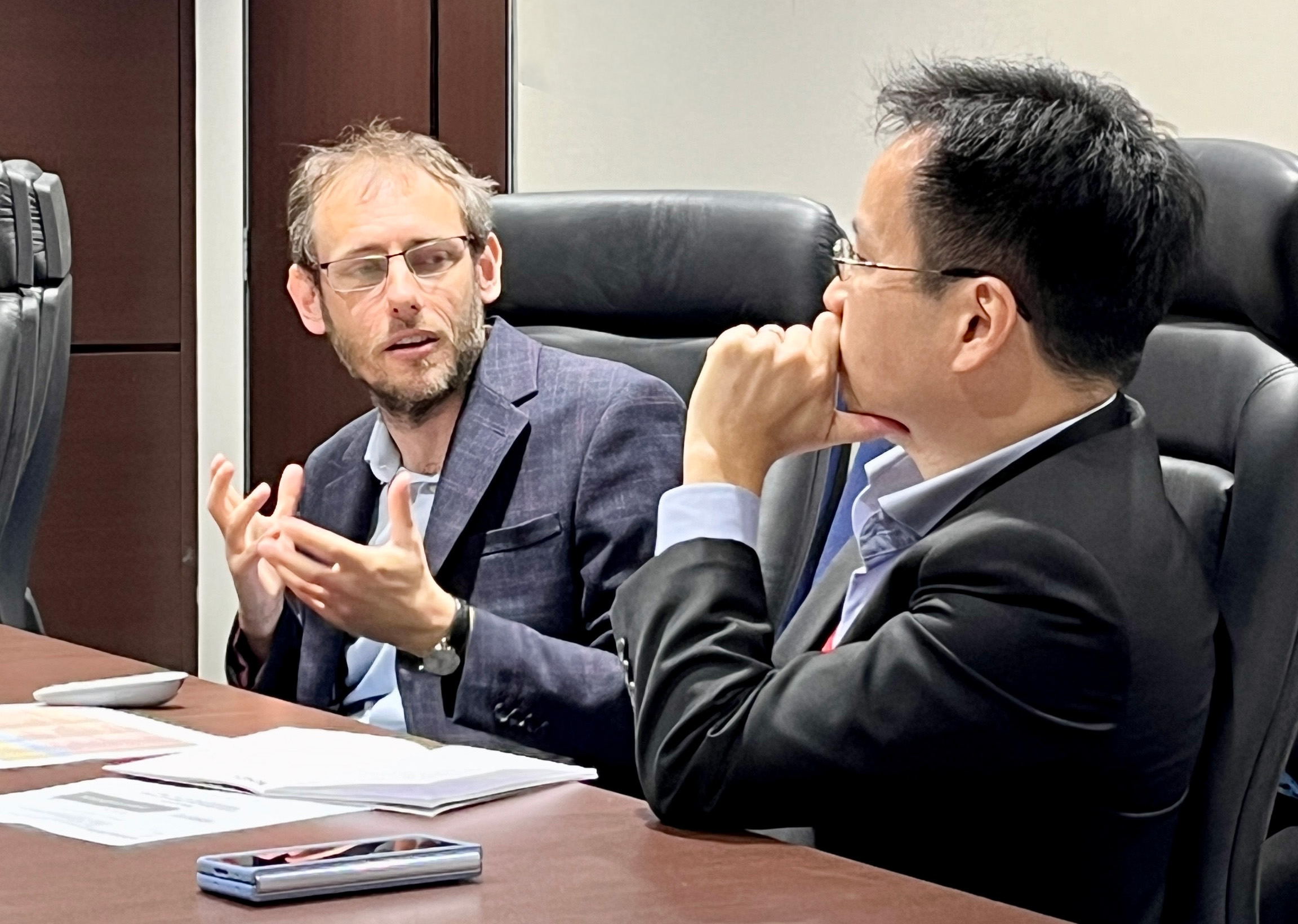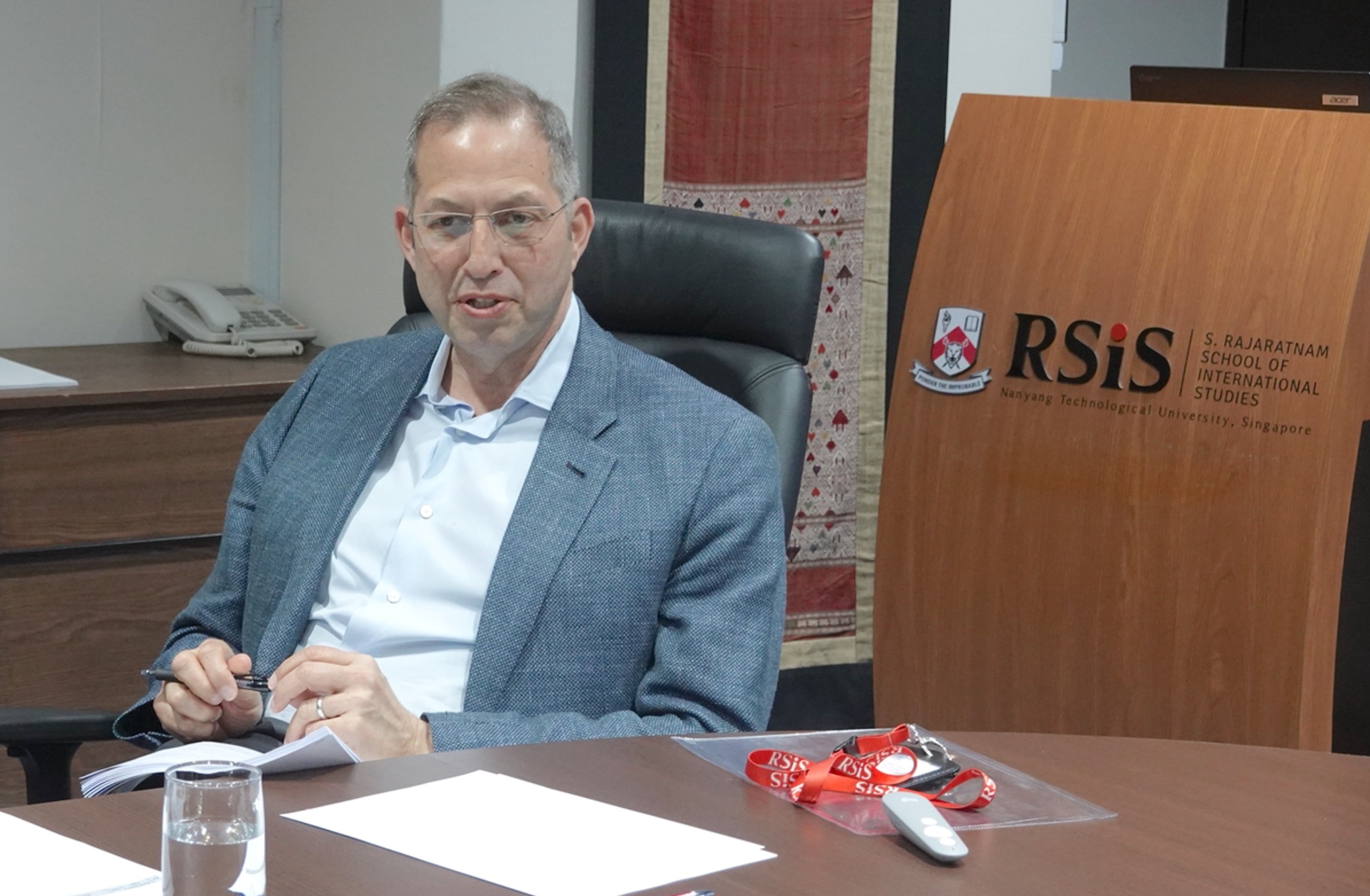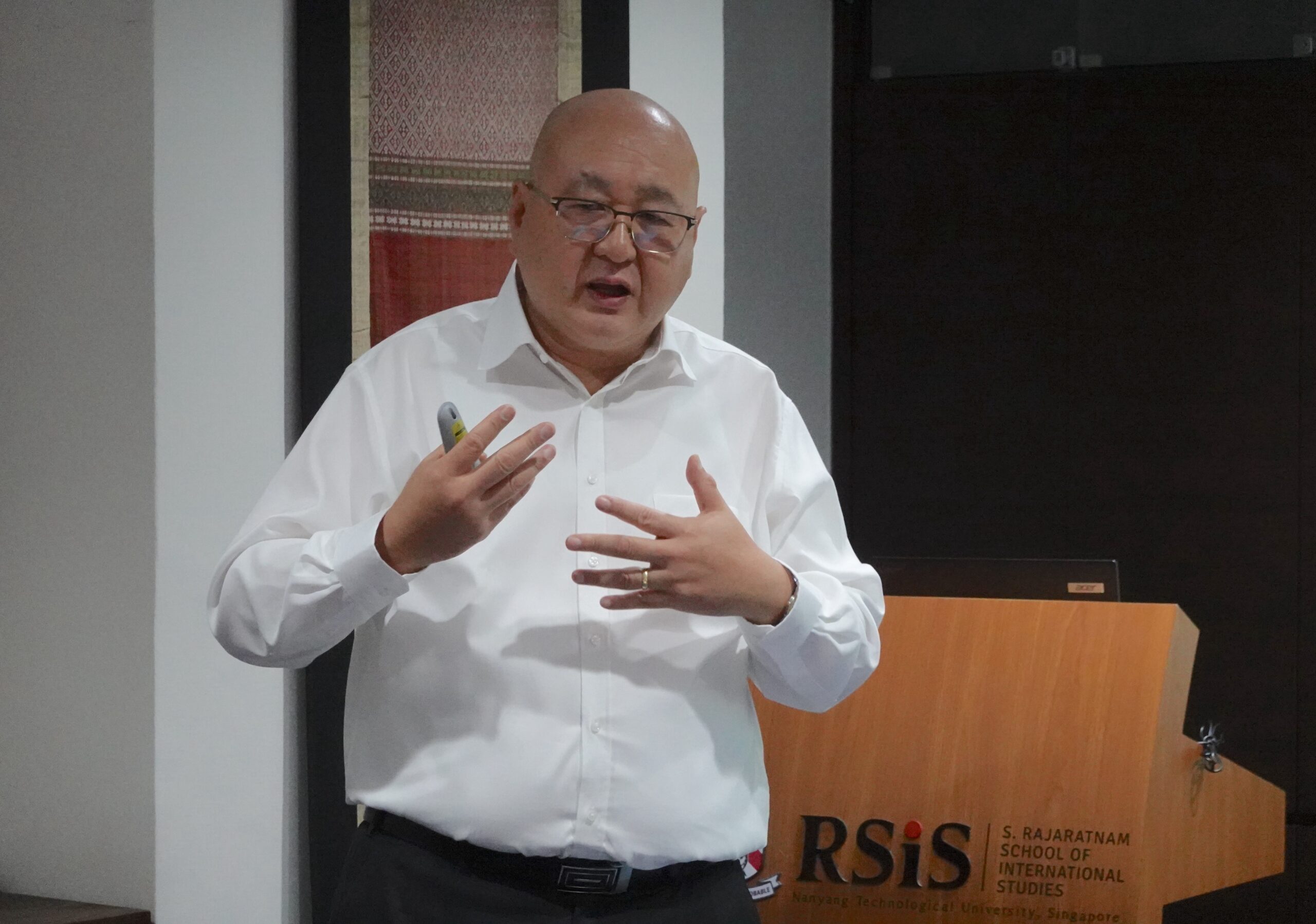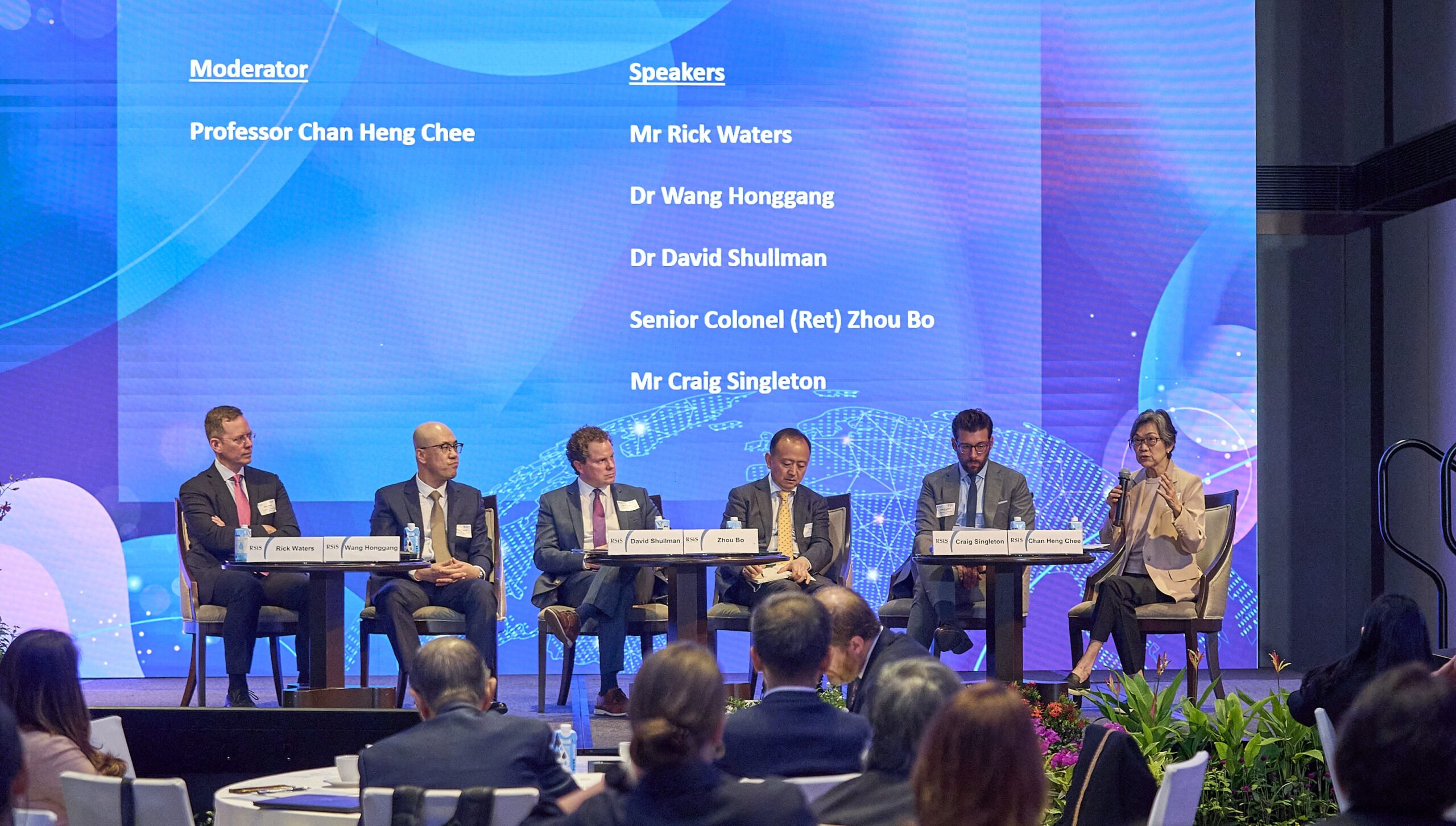
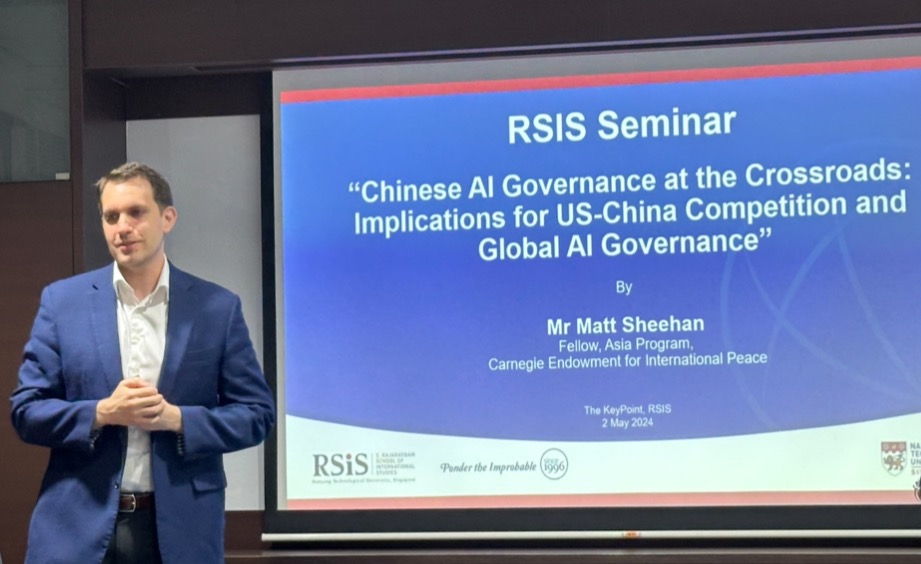
RSIS held a seminar on 2 May 2024 titled “Chinese AI Governance at the Crossroads: Implications for US-China Competition and Global AI Governance”, with Mr Matt Sheehan, a fellow at the Carnegie Endowment for International Peace. During the seminar, Mr Sheehan discussed about Chinese AI policy development and new compliance standards.
Mr Sheehan highlighted China’s goal in developing the world’s leading AI by 2030 as well as a relatively comprehensive one by 2025. The Chinese AI regulations were guided by the Communist Party of China (CPC) and had four layers of AI policymaking. By recommending algorithms to determine what kind of content should get pushed out, the goal was to protect the workers alongside businesses. China wanted to ensure there was company transparency towards the government while it looked internationally for ideas to implement in resolving domestic issues.
Mr Sheehan continued to elaborate that the need for regulation was crucial to Chinese AI policymaking to tackle challenges due to the rise of deepfakes. Rather than contemplating on the downside of responses due to characteristics of regulations, the governing authorities were more concerned with mitigating risks and getting the internet under control. The creation of online content should ensure conformity to China’s goals, though certain consequences might be burdensome and damaging to companies. He further mentioned that the state government would not give up use of censorship and tried to hold on to its political control while working on development. It was important to note the difficulty about changing the fundamental disposition on how ministries looked at issues; and while there might be tactical adjustments in Chinese AI policies, it would still be control-oriented with certain adaptations.
The seminar concluded with a Q&A session with Mr Sheehan. The questions raised included topics on the possibility of AI governance, the state’s control on access of AI, as well as whether the constraint and compliance efforts would restrict development of the country.






